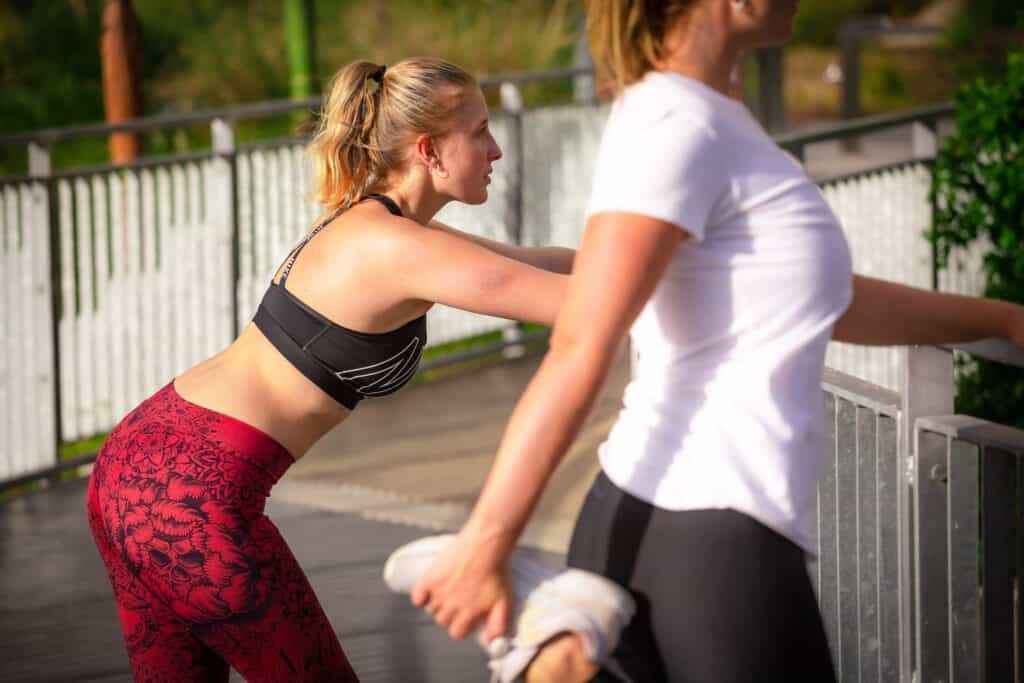Doctors and health professionals are generally fairly quick to point out that there is no “magic pill” for good health – but there’s one thing that might just prove them all wrong.
It’s cheap, easy to get and available all year round. It’s not an apple a day – it’s exercise.
The rule is any exercise is better than no exercise but about 3.5 hours a week of moderate intensity exercise – such as walking – is as close as we are likely to get to the “magic pill”, especially for people with diabetes.
Exercise improves blood glucose levels and insulin function, it reduces cholesterol, blood pressure and fat, it prevents or slows down osteoporosis, helps the immune system, decreases the symptoms associated with depression and helps prevent chronic pain.
Try putting that in a pill.
For years doctors thought the reason people lived longer if they exercised was because they usually had less body fat. But recent research from the Cooper Institute in Texas indicates it’s not the fat that makes the crucial difference, but the level of fitness.
So regardless of whether or not you lose weight, there is still good reason to exercise – it will help you live longer.
Recent research now shows that ‘how hard’ you exercise is more important than ‘how long’ you exercise for managing blood glucose levels.
So there are good reasons why people with diabetes should exercise regularly and include some higher intensity exercise. Here are some of them:
- During exercise your muscles immediately use glucose to burn energy
- After exercise the amount of glucose that is in your muscles is reduced and insulin sensitivity is improved
- Low intensity exercise, such as walking, burns more fat and less glucose
- High intensity exercise, such as running, burns more glucose.
- Regular exercise can decrease the amount of insulin or oral medicine required
The benefits of exercise are fairly short-lived in the body. The increase in insulin sensitivity after exercise lasts about 48 hours, so to maintain the benefits, you have to exercise at least every second day. But daily exercise will maximise insulin sensitivity.
The best results come from a recommended 3.5 hours of moderate intensity exercise, or two hours of vigorous exercise a week.
The type of exercise you do makes a big difference for people with diabetes: the best program is a mixture of high and low intensity exercise and some resistance exercise.
Top tips for a safe start:
- Monitor your blood glucose levels before, during and 15 minutes after exercise
- Learn your individual glucose response
- Do not exercise if you are sick or have flu
- Look after your feet
- If you are taking oral medication or insulin be aware you are more likely to have a hypo
- Eat properly after exercise to avoid delayed hypos
- Avoid exercising late at night
- Drink plenty of water to keep your body hydrated
For more information: Exercise and Sports Science Australia. Use the locator to find an accredited exercise physiologist in your area: www.essa.org.au





